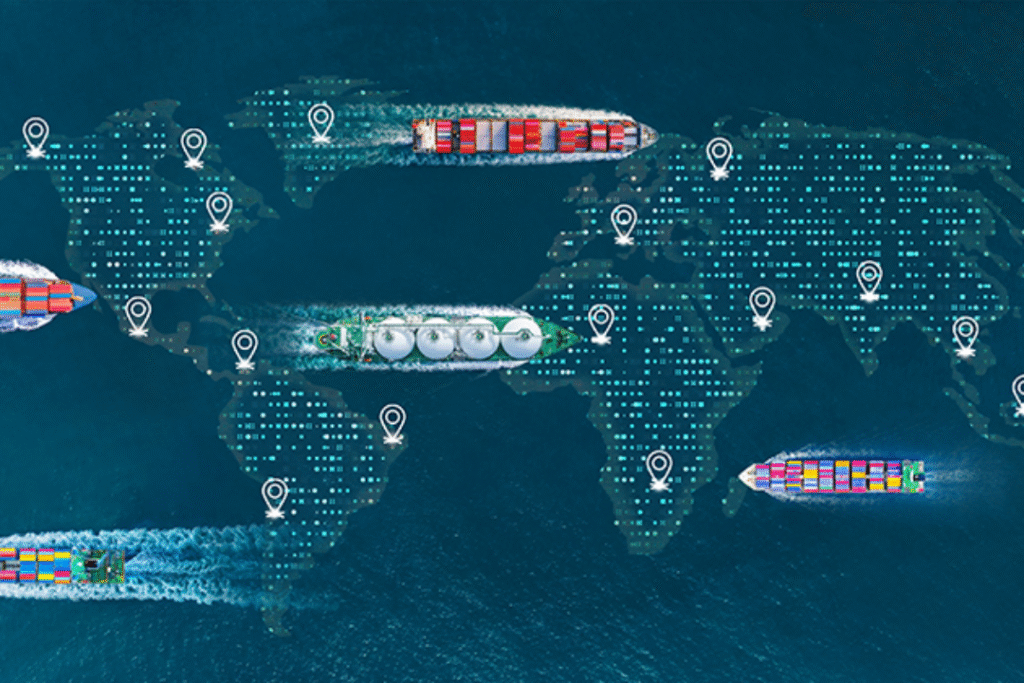In today’s interconnected world, no country operates in isolation. Decisions made in one part of the globe can ripple across continents, affecting trade, security, energy, and even cultural ties. Geopolitical conflicts are not only matters of diplomacy and borders they directly influence everyday life, from the price of fuel to the safety of global supply chains. Understanding these connections is key to recognizing how international events shape the future.
The Economic Chain Reaction
Modern disputes between nations do not remain limited to political speeches or border issues. They influence markets, investment flows, and resource distribution worldwide. For instance, when two major economies clash, smaller nations often face indirect consequences, such as disrupted trade agreements or increased commodity prices.
In fact, the long-term effects of geopolitical conflicts and their global impact on trade and stability are evident in rising inflation, currency fluctuations, and supply shortages. This demonstrates that even individuals far removed from conflict zones can feel the consequences through higher living costs or limited access to goods.

Energy and Resource Security
Energy is often at the heart of international disputes. Countries rich in oil, gas, or rare minerals hold significant power in global negotiations. Any disruption whether due to sanctions, blockades, or warfare can quickly escalate into worldwide crises. We’ve seen this pattern repeatedly: rising fuel prices, shortages of essential raw materials, and increased reliance on alternative energy solutions.
These shifts push governments to rethink energy strategies, leading to diversification, renewable adoption, and international partnerships aimed at reducing vulnerability.
Humanitarian Consequences
Beyond economics and resources, conflicts create devastating humanitarian challenges. Millions of people are displaced annually due to wars and political unrest. Refugee movements often reshape demographics in host nations, influencing labor markets, healthcare systems, and social integration.
Global organizations step in to provide aid, but long-term solutions require diplomatic efforts that address the root causes of displacement rather than temporary fixes.
Technology and Cybersecurity in Modern Conflicts
Unlike past wars, today’s geopolitical struggles often extend into cyberspace. Cyberattacks on infrastructure, businesses, and government systems are becoming powerful tools of modern conflict. These digital threats can cripple economies, manipulate information, and weaken national security without a single shot being fired.
As a result, nations are investing heavily in cybersecurity defense systems while building international alliances to prevent digital warfare from escalating further.
Shifting Global Alliances
Geopolitical conflicts often redefine international partnerships. As tensions rise, countries seek new allies for trade, defense, and security. Regional organizations and global institutions play vital roles in easing disputes, but shifting alliances can sometimes create new rivalries.
For example, nations excluded from one economic pact may form their own, altering global power balances. These changes highlight the importance of diplomacy in preventing small disputes from growing into global crises.
Looking Ahead
The reality is that no nation is immune to the consequences of political disputes. From fluctuating oil prices to disrupted technology supply chains, every corner of the globe is linked. But amid the challenges, there is also hope. International cooperation, peace talks, and stronger global governance systems can reduce the risks of escalation.
By staying informed and promoting collaboration, societies can better prepare for the ripple effects of conflict and work toward a more stable world.






